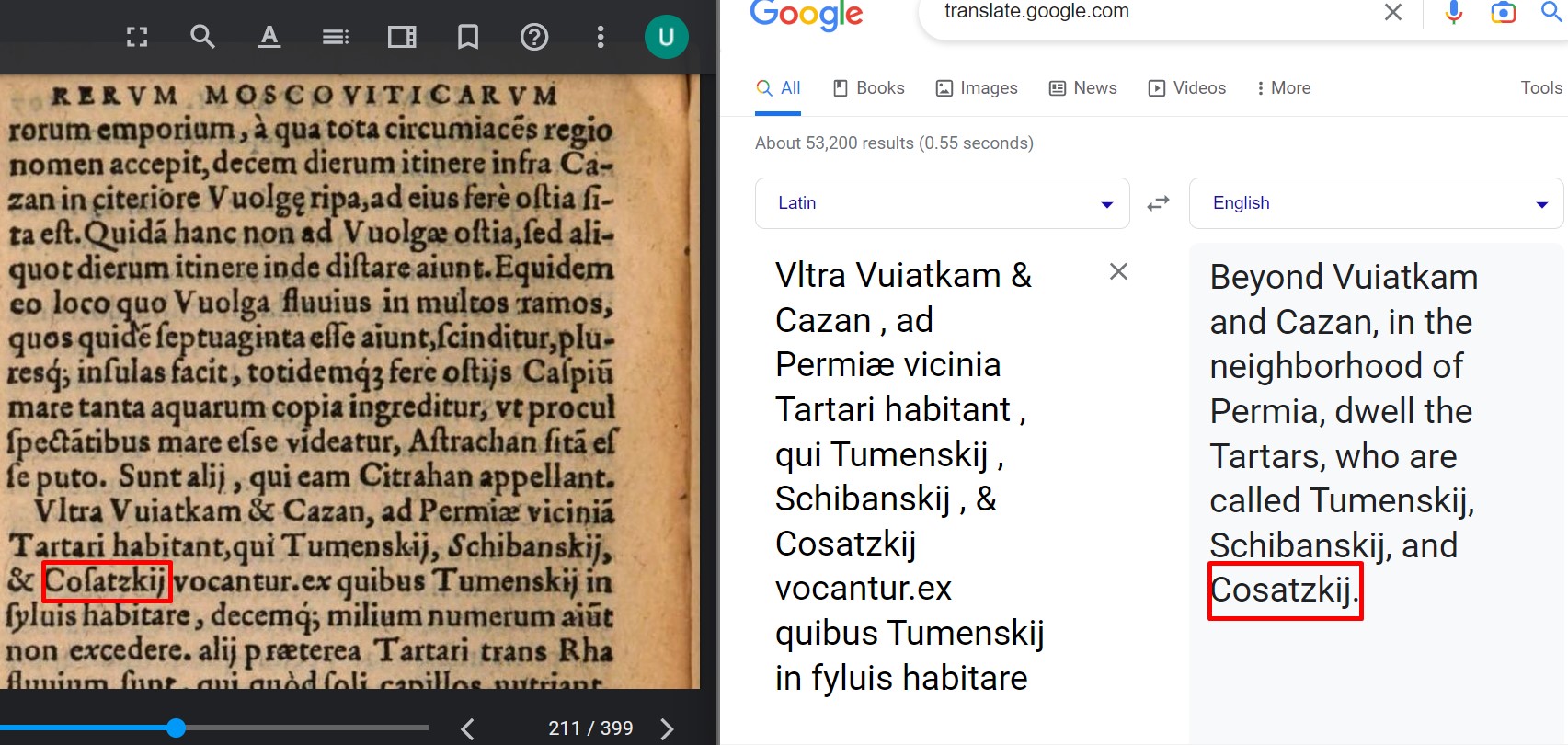|
Ãnee Tugalluulakh
Ãnee tugalluulakh ( mn, ŌŪÐ―ŅŅ ŅŅÐģаÐŧÐŧŅŅÐŧаŅ , ''let the cows calve'') is a mancala game played by Kazakhs The Kazakhs (also spelled Qazaqs; Kazakh: , , , , , ; the English name is transliterated from Russian; russian: КазаŅ Ðļ) are a Turkic-speaking ethnic group native to northern parts of Central Asia, chiefly Kazakhstan, but also parts o ... in western Mongolia. The rules are the same as the '' iesÃķn khorgol'' game. The starting position is a 3x2 grid of holes with six pieces in each hole, as follows: References External links Rules to Unee tugaluulax posted on the manqala.org wiki. Traditional mancala games Mongolian games {{board-game-stub ... [...More Info...] [...Related Items...] OR: [Wikipedia] [Google] [Baidu] |
Mongolia
Mongolia; Mongolian script: , , ; lit. "Mongol Nation" or "State of Mongolia" () is a landlocked country in East Asia, bordered by Russia to the north and China to the south. It covers an area of , with a population of just 3.3 million, making it the world's most sparsely populated sovereign nation. Mongolia is the world's largest landlocked country that does not border a closed sea, and much of its area is covered by grassy steppe, with mountains to the north and west and the Gobi Desert to the south. Ulaanbaatar, the capital and largest city, is home to roughly half of the country's population. The territory of modern-day Mongolia has been ruled by various nomadic empires, including the Xiongnu, the Xianbei, the Rouran, the First Turkic Khaganate, and others. In 1206, Genghis Khan founded the Mongol Empire, which became the largest contiguous land empire in history. His grandson Kublai Khan conquered China proper and established the Yuan dynasty. After the co ... [...More Info...] [...Related Items...] OR: [Wikipedia] [Google] [Baidu] |
Mancala
The mancala games are a family of two-player turn-based strategy board games played with small stones, beans, or seeds and rows of holes or pits in the earth, a board or other playing surface. The objective is usually to capture all or some set of the opponent's pieces. Versions of the game date back past the 3rd century and evidence suggests the game existed in Ancient Egypt. It is among the oldest known games to still be widely played today. Names and variants The name is a classification or type of game, rather than any specific game. Some of the most popular mancala games (concerning distribution area, the numbers of players and tournaments, and publications) are: * Ayoayo, played by the Yoruba people in Nigeria; similar to Oware * Alemungula or gebeta (áá áĢ)â played in Sudan and Ethiopia. * Ali Guli Mane or Pallanguzhi â played in Southern India. * Bao la Kiswahili â played in most of East Africa including Kenya, Tanzania, Comoros, Malawi, as we ... [...More Info...] [...Related Items...] OR: [Wikipedia] [Google] [Baidu] |
Kazakhs
The Kazakhs (also spelled Qazaqs; Kazakh: , , , , , ; the English name is transliterated from Russian; russian: КазаŅ Ðļ) are a Turkic-speaking ethnic group native to northern parts of Central Asia, chiefly Kazakhstan, but also parts of northern Uzbekistan and the border regions of Russia, as well as Northwestern China (specifically Ili Kazakh Autonomous Prefecture) and Mongolia ( Bayan-Ãlgii Province). The Kazakhs are descendants of the ancient Turkic Kipchak tribes and the medieval Mongolic tribes, and generally classified as Turco-Mongol cultural group. Kazakh identity is of medieval origin and was strongly shaped by the foundation of the Kazakh Khanate between 1456 and 1465, when following disintegration of the Golden Horde, several tribes under the rule of the sultans Janibek and Kerei departed from the Khanate of Abu'l-Khayr Khan in hopes of forming a powerful khanate of their own. ''Kazakh'' is used to refer to ethnic Kazakhs, while the term ''Kazakhstani'' ... [...More Info...] [...Related Items...] OR: [Wikipedia] [Google] [Baidu] |
Eson Xorgol
Oware is an abstract strategy game among the mancala family of board games (pit and pebble games) played worldwide with slight variations as to the layout of the game, number of players and strategy of play. Its origin is uncertain but it is widely believed to be of Ashanti origin. Played in the Bono Region, Bono East Region, Ahafo Region, Central Region, Western Region, Eastern Region, Ashanti Region of Ghana and throughout the Caribbean, oware and its variants have many names - ayÃē, ayoayo (Yoruba), awalÃĐ (Ivory Coast, Benin), wari ( Mali), ouri, ouril or uril (Cape Verde), warri (Caribbean) Pallanguzhi (India) wali (Dagbani), adji ( Ewe), ncháŧ/ÃģkwÃĻ ( Igbo), ise (Edo), awale ( Ga) (meaning "spoons" in English). A common name in English is awari but one of the earliest Western scholars to study the game, Robert Sutherland Rattray, used the name ''wari''. Rules Following are the rules for the ''abapa'' variation, considered to be the most appropriate for serious ... [...More Info...] [...Related Items...] OR: [Wikipedia] [Google] [Baidu] |
Traditional Mancala Games
A tradition is a belief or behavior (folk custom) passed down within a group or society with symbolic meaning or special significance with origins in the past. A component of cultural expressions and folklore, common examples include Holiday, holidays or impractical but socially meaningful clothes (like court dress, lawyers' wigs or military officers' spurs), but the idea has also been applied to social norms such as greetings. Traditions can persist and evolve for thousands of yearsâthe word ''tradition'' itself derives from the Latin ''tradere'' literally meaning to transmit, to hand over, to give for safekeeping. While it is commonly assumed that traditions have an ancient history, many traditions have been invented on purpose, whether that be political or cultural, over short periods of time. Various Academic discipline, academic disciplines also use the word in a variety of ways. The phrase "according to tradition", or "by tradition", usually means that whatever informatio ... [...More Info...] [...Related Items...] OR: [Wikipedia] [Google] [Baidu] |



